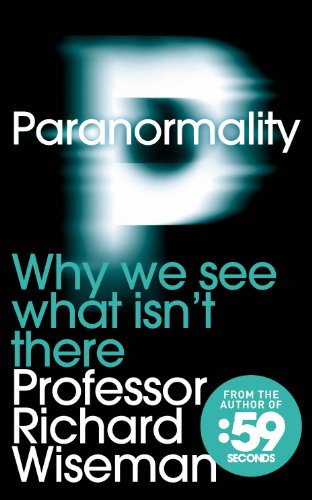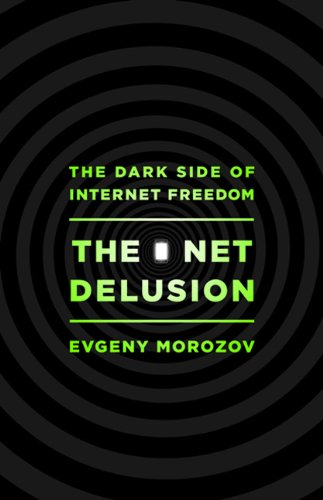Alec Russell – After Mandela, The Battle for the Soul of South Africa (2009)
Essays on the post-apartheid challenges of South Africa: ANC’s slide towards autocratic incompetence and populism, Thabo Mbeki’s late-night surfing on AIDS-denialist websites, and Afrikaner nostalgia. But also the disasters that didn’t happen. An apparently even-handed picture of a country that could have done better, but also worse, and may go either way in the future.
Recommended: Yes.

George R. R. Martin – A Clash of Kings (1998) / A Storm of Swords (2000)
Reading A Song of Ice and Fire is like watching fireworks that go on and on, forming more and more intricate patterns, steadily increasing the light and the volume until there’s no resistance left and you bend your knees to Martin, King of all Fantasy Epics. To be fair, the trick that separates Martin from the rest, making them shadows of his ideal form, is that he destroys as much as he creates: Characters who no longer belong, and all those hundreds of pages where people wander about in the New Zealand wilderness. What’s left is so good that getting to the end is irrelevant. It’s already perfect at every level: As individual chapters, each a short story in its own right, and as individual books. Perhaps Martin will one day bring it all together as a perfect whole, but if not, you can still reread the early books – like I did now with book two.
Recommended: Oh yes. And/or try the HBO version of book one, Game of Thrones. It’s good too.







